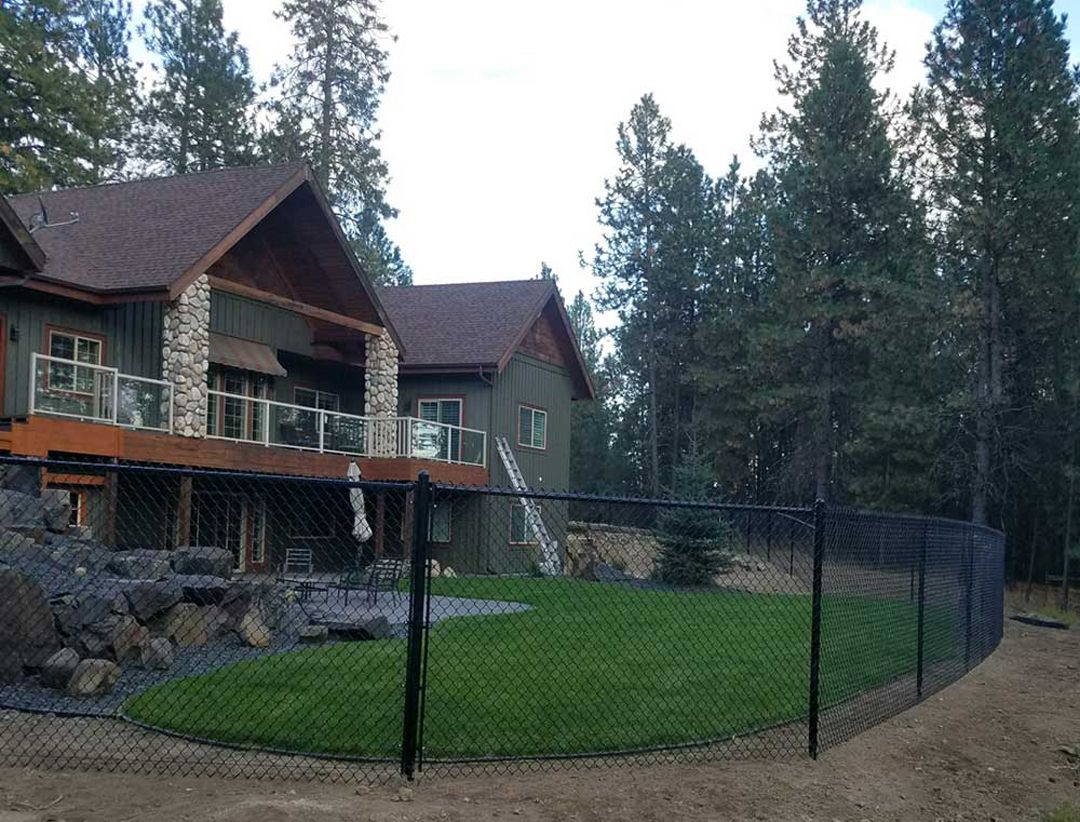Maintaining your fence doesn't always require a professional. With the right tools and a bit of know-how, you can handle many common issues yourself and save money. Here's how you can tackle basic fence care like a pro!
Essential Tools for DIY Fence Maintenance
Before diving into fence maintenance, make sure you have the right tools on hand. Here's a list of essentials for most DIY fence care projects:
- Hammer – A hammer is essential for securing loose nails or repairing broken fence boards.
- Screwdriver – Great for tightening screws in wooden or metal fences.
- Post Level – Helps keep your fence posts straight and secure
- Paint or Stain – Using paint or stain protects wood from the elements and prolongs its lifespan.
- Wire Cutters – Handy for trimming wire fences or cutting back overgrown plants
How to Tackle Common Fence Problems
How to Fix a Loose Fence Board
If you notice a loose or damaged board, fixing it is relatively simple:
- Remove any loose nails or screws using a hammer or screwdriver.
- Reposition the board and fasten it with fresh nails or screws.
- For added stability, add a corner bracket or reinforcement if necessary.
Sealing and Staining Wooden Fences
Sealing and staining your wooden fence is crucial for protection against the elements and preserving its appearance:
- Start by cleaning the fence well to remove any dirt, debris, and mildew.
- Select an appropriate stain or sealant that is intended for exterior applications.
- Evenly apply the stain with a brush or sprayer, working from top to bottom.
- Ensure the fence dries completely before you put it back to use.
When to Call a Professional for Fence Repairs
Not all fence repairs are suitable for DIY. Simple tasks like tightening screws or replacing boards are easy to handle, but major issues may require professional help:
- If you notice significant structural damage, such as leaning posts or a sagging fence, it’s time to call a pro.
- Electric or high-security fences that require specialized knowledge.
- Severe weather damage that could threaten the structural integrity of your fence.
When in doubt, it’s best to call a professional. It will save you time, money, and avoid any unnecessary stress.
